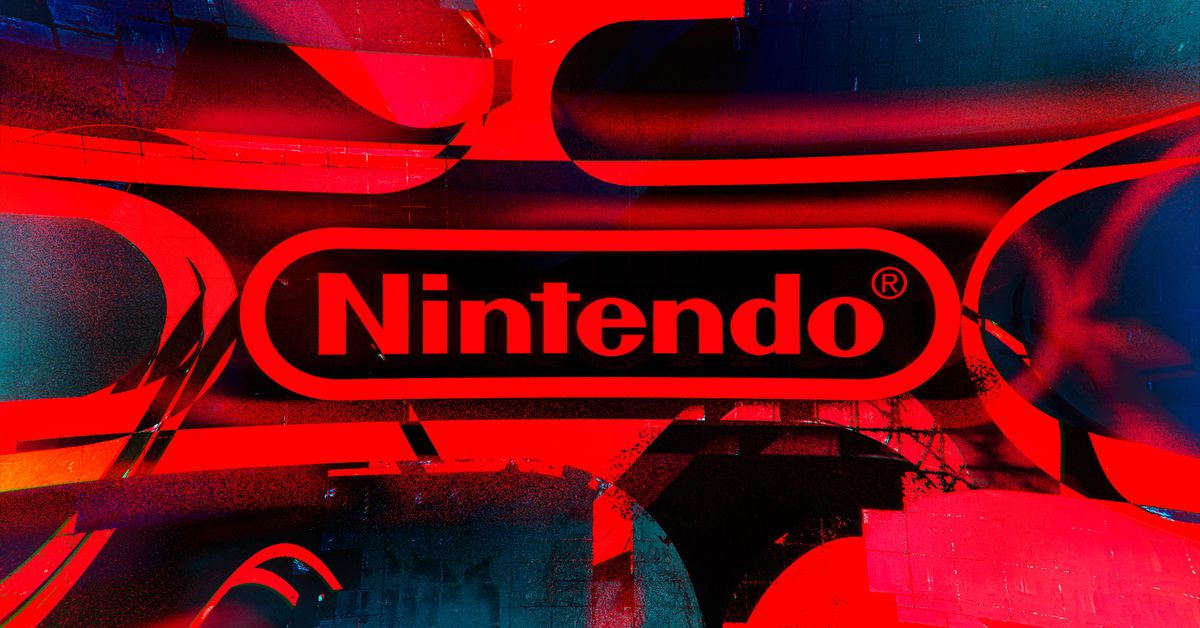

Obligatory fuck Nintendo, but I also blame the selfish dumbfucks who keep posting videos of themselves playing unreleased games on YouTube and Reddit. If you want nice things contingent on having software which exists in a legal gray area, don’t openly poke the litigious hornets’ nest.



Because a subset of people are and always will be idiots. Remember: some people think unions exist to steal your money, socialism is communist dictatorship propaganda, and privatization of government services is good for everybody.